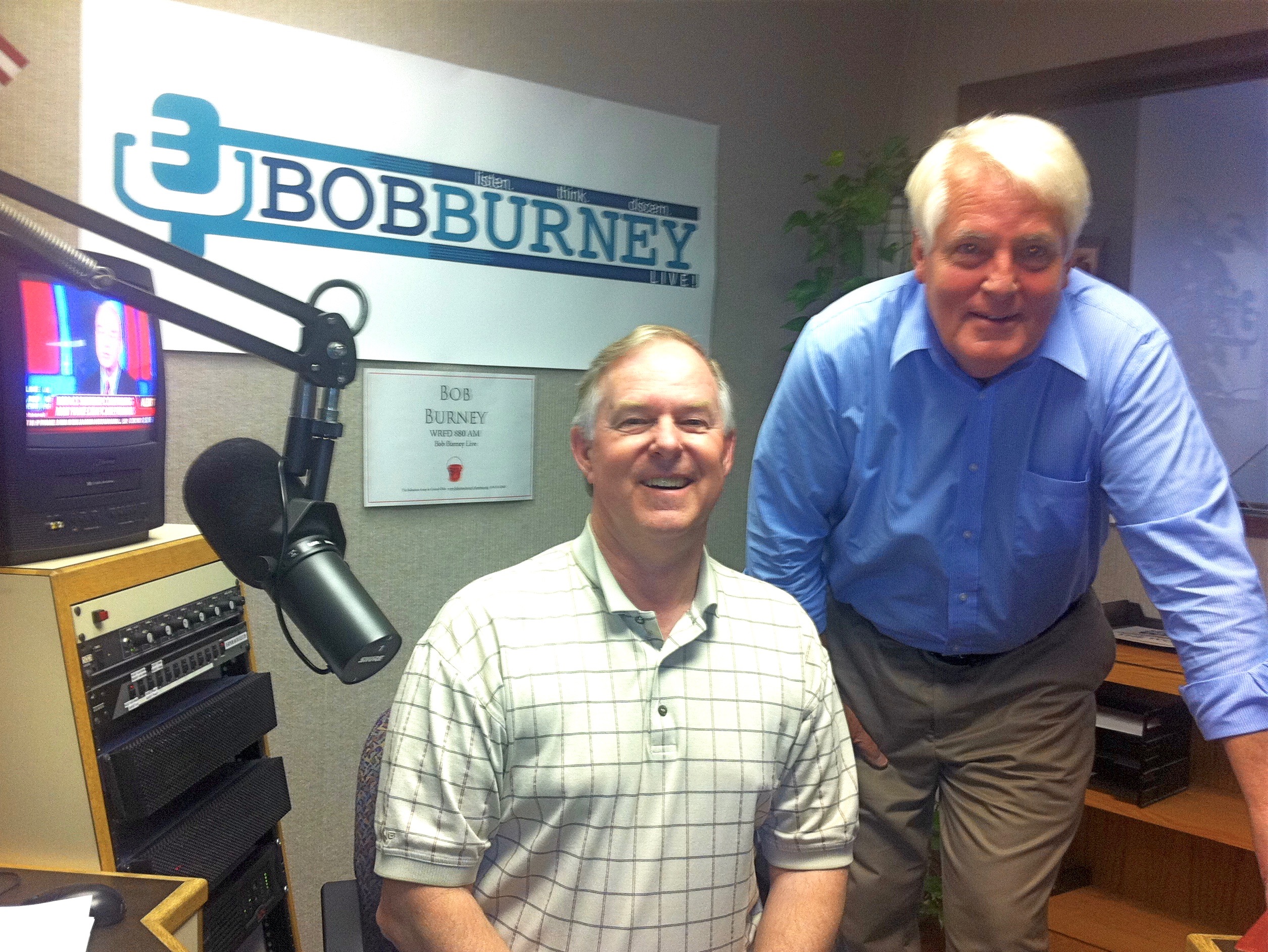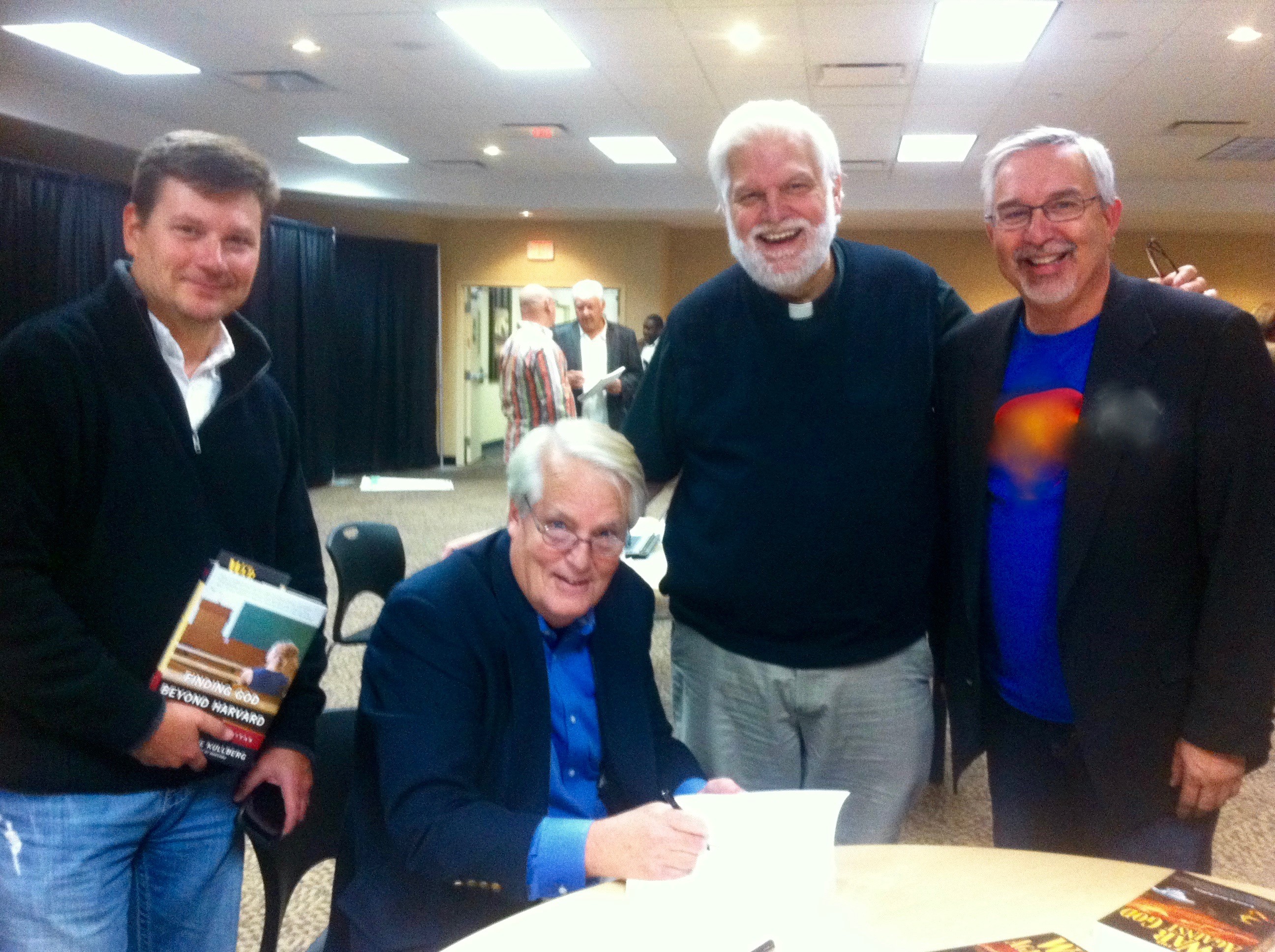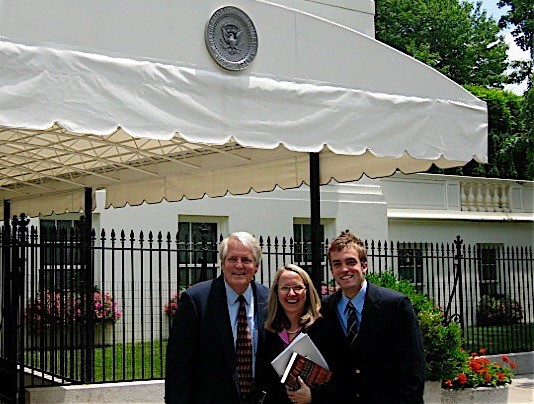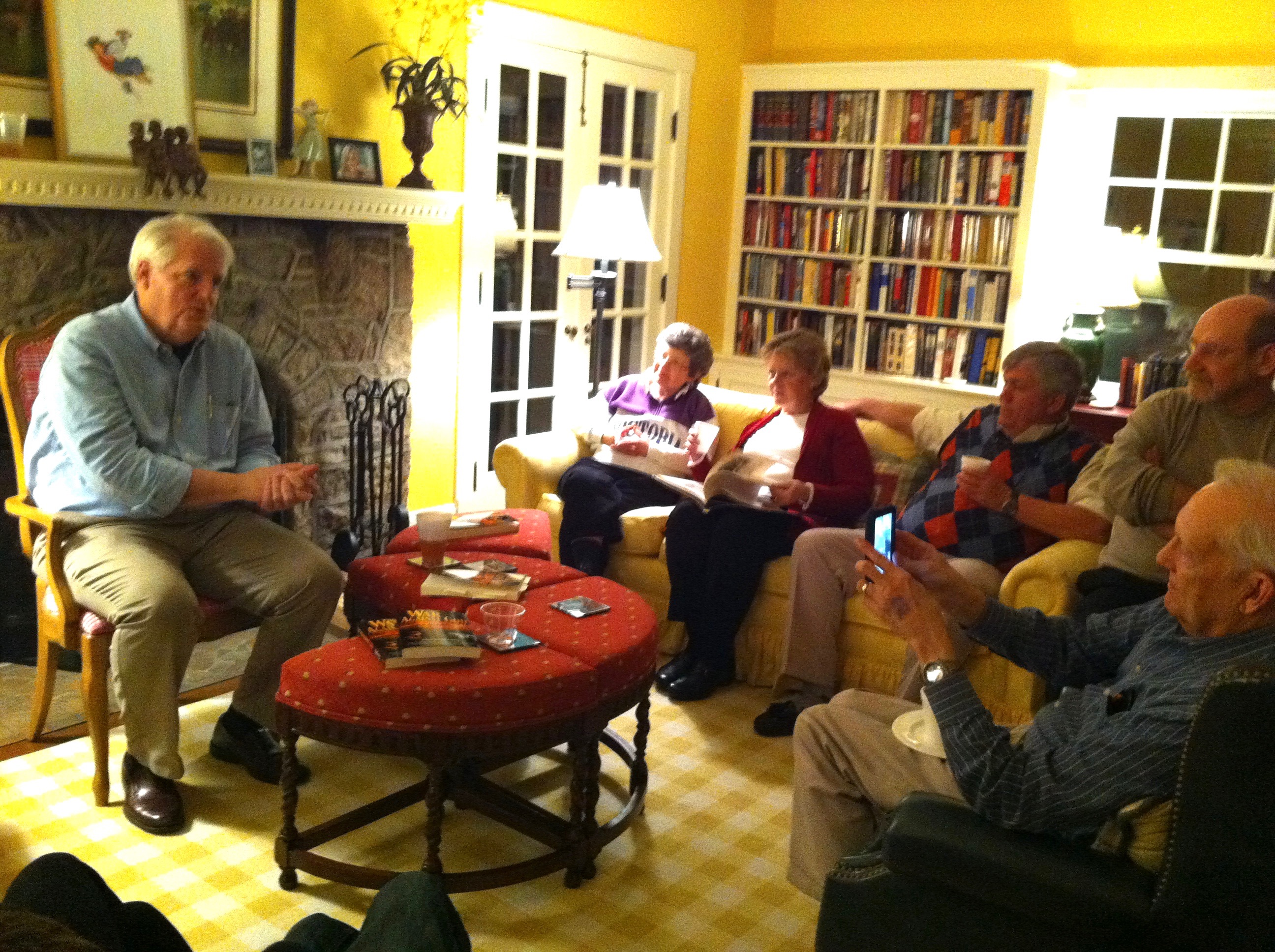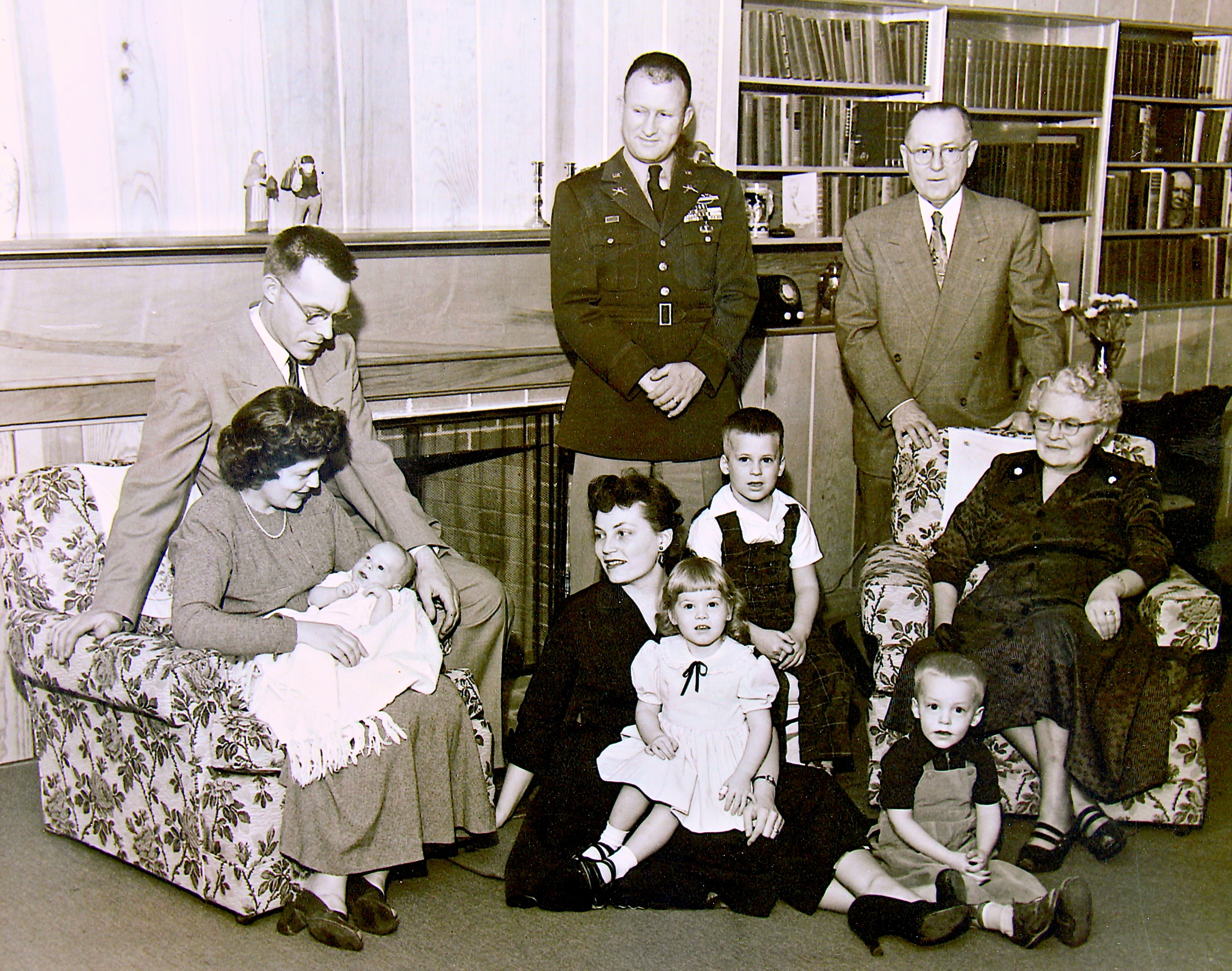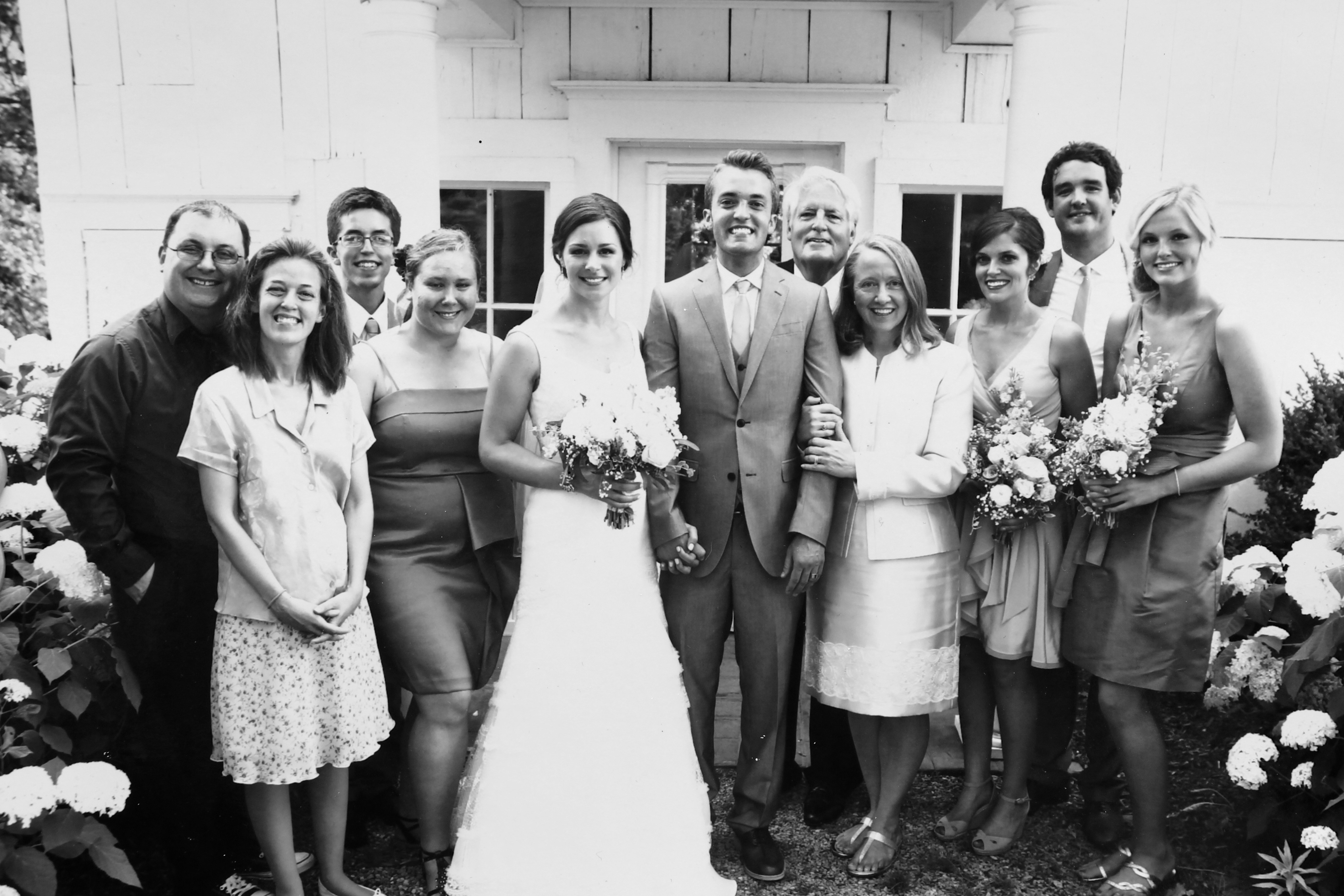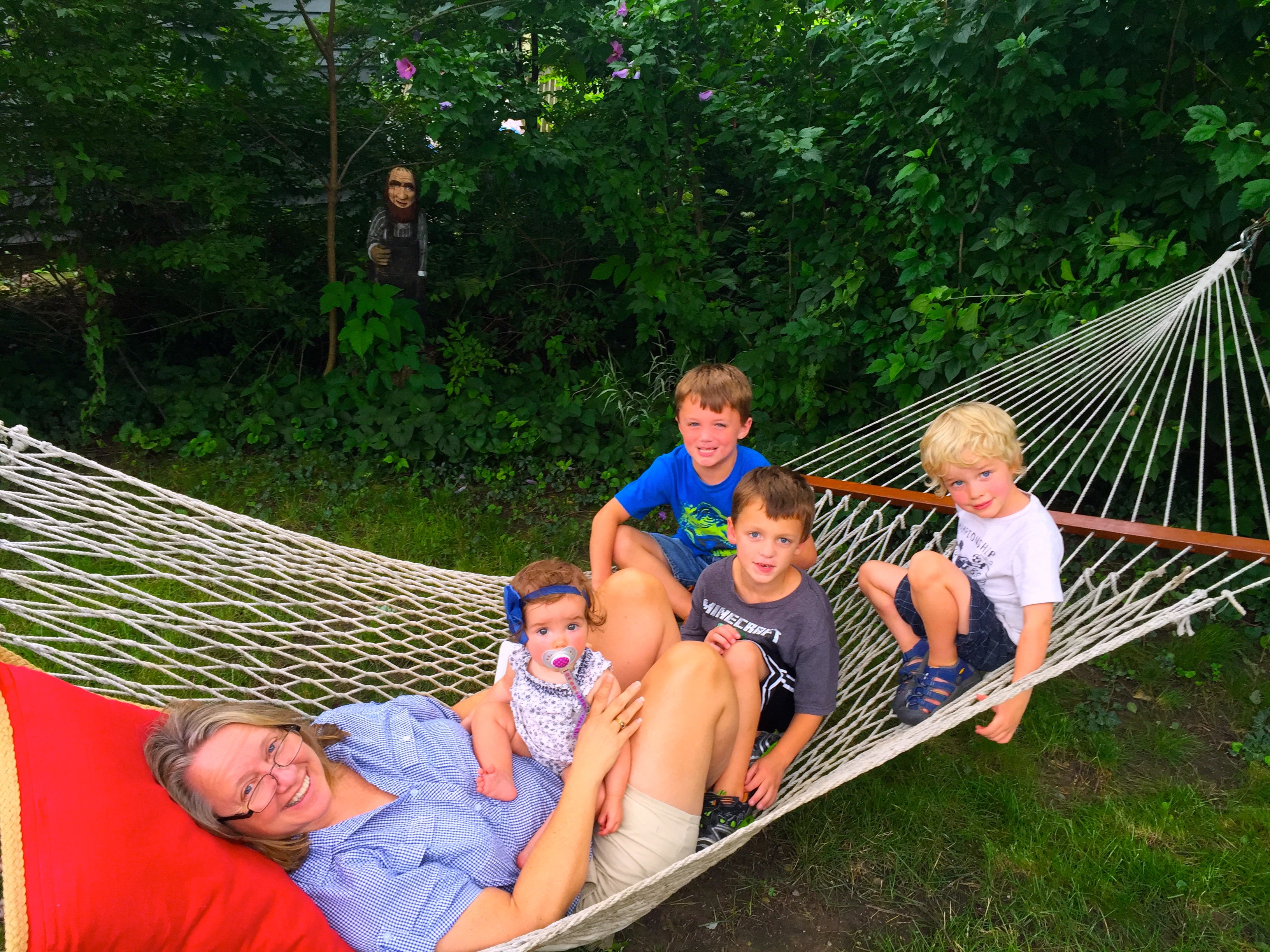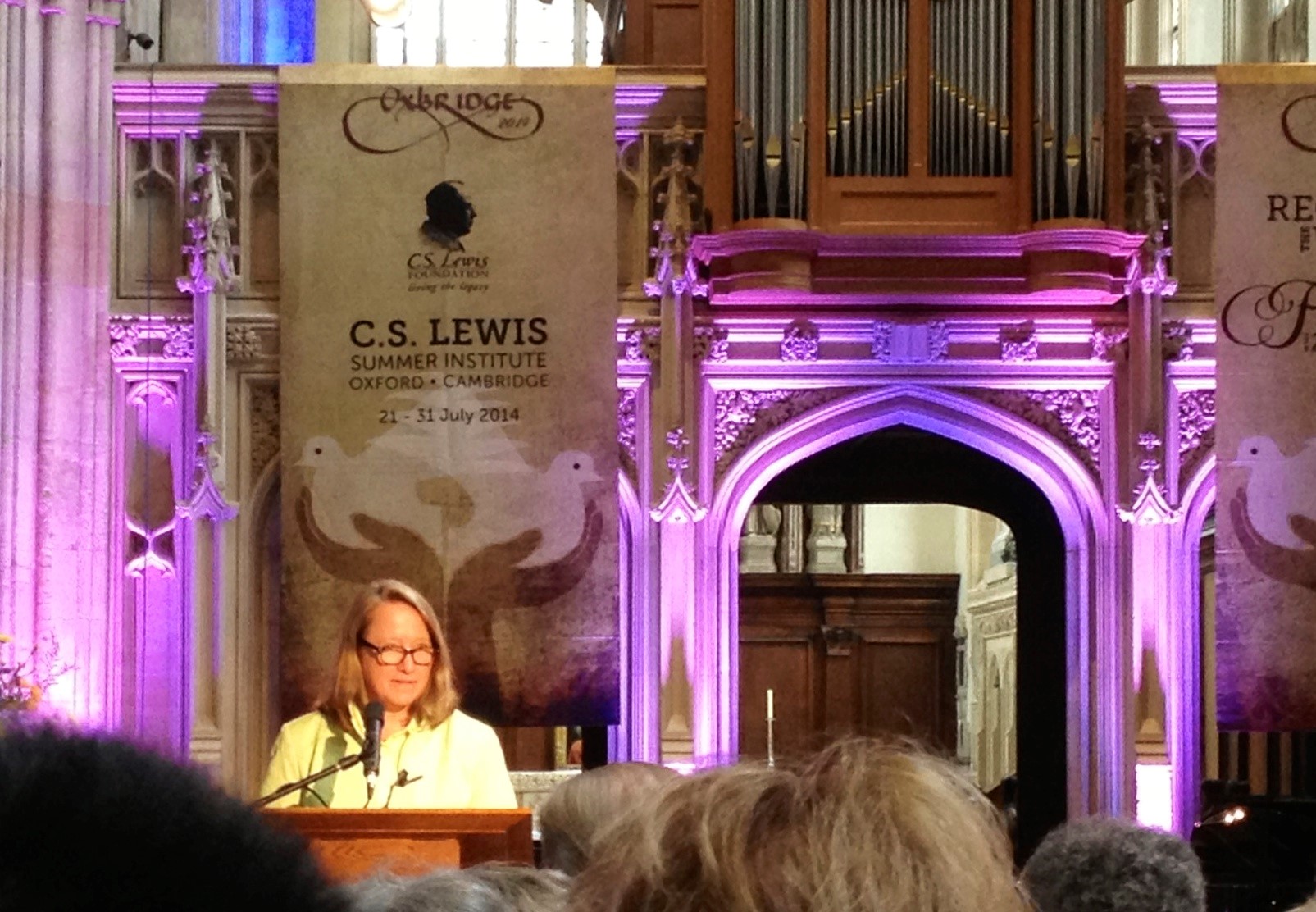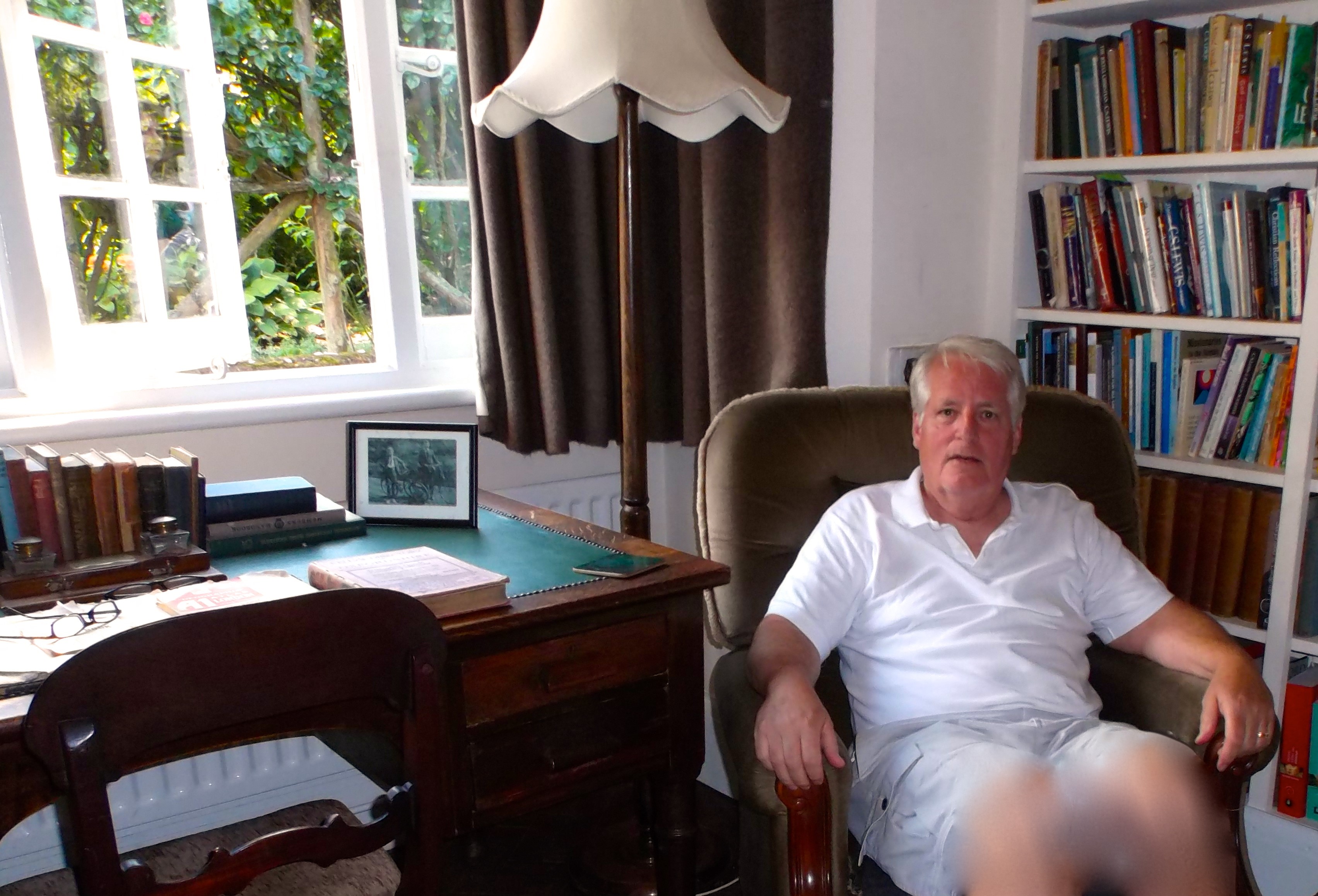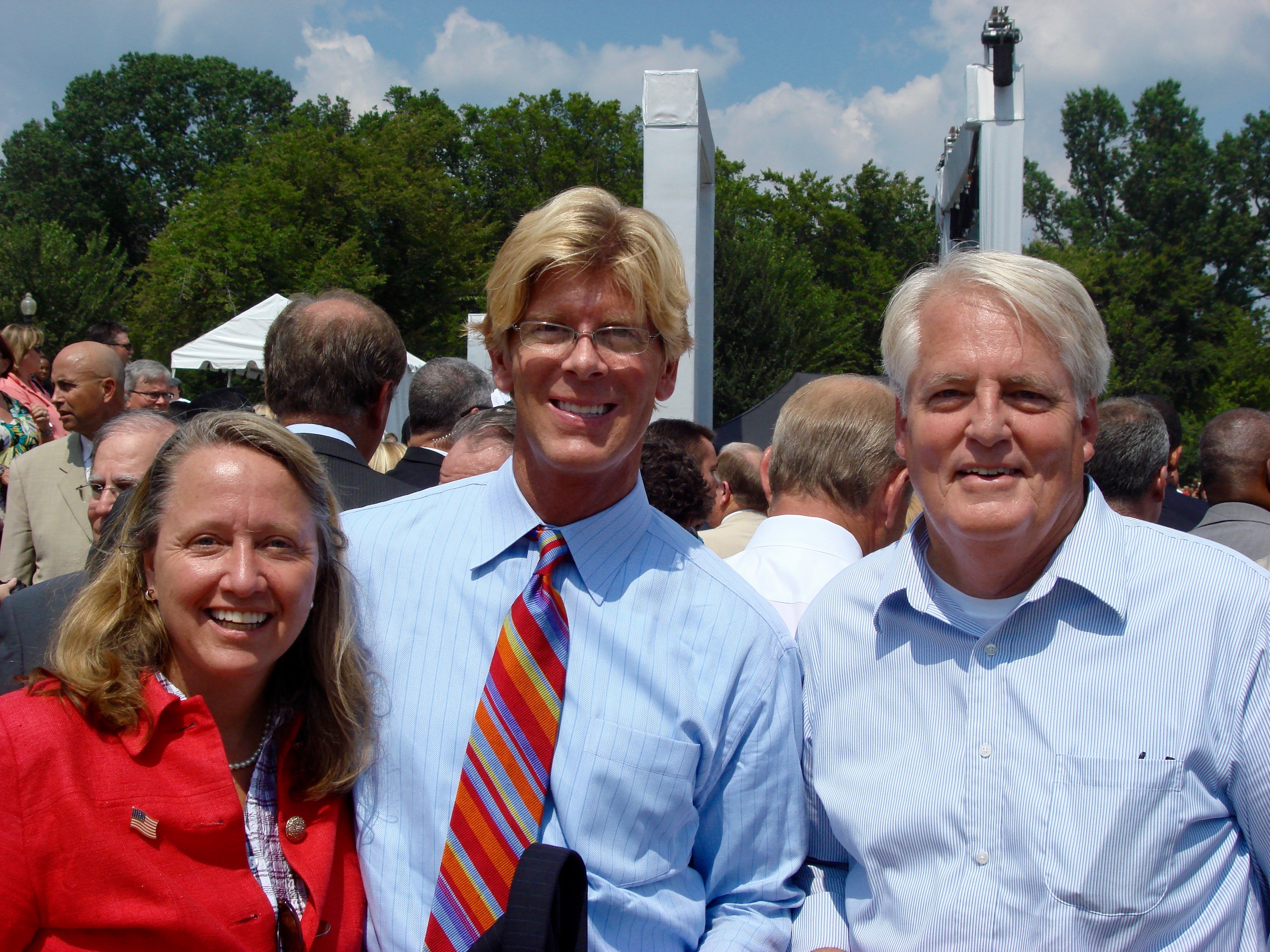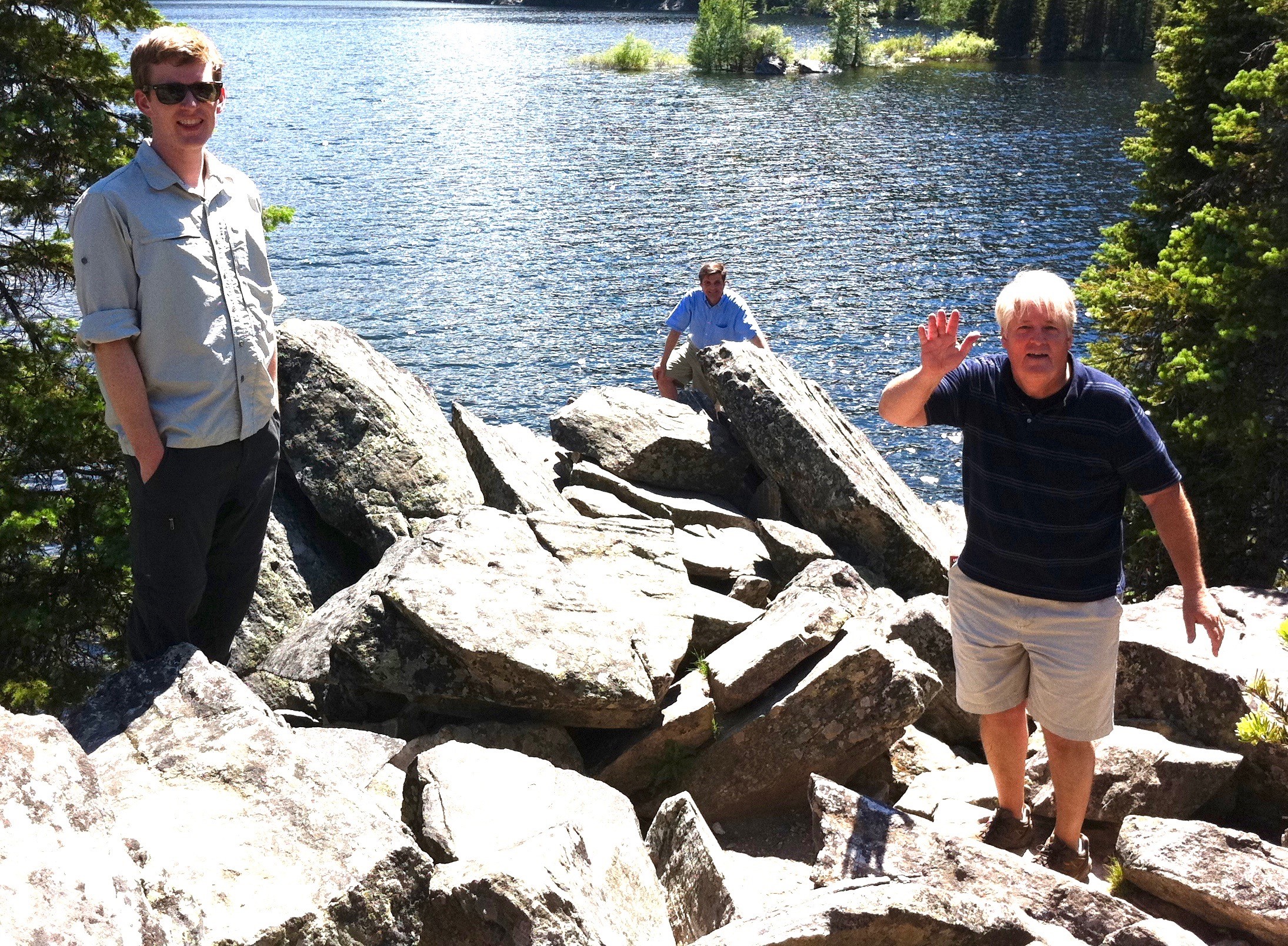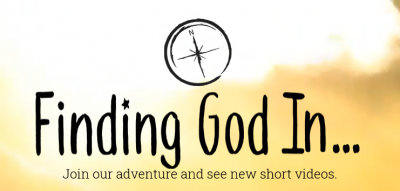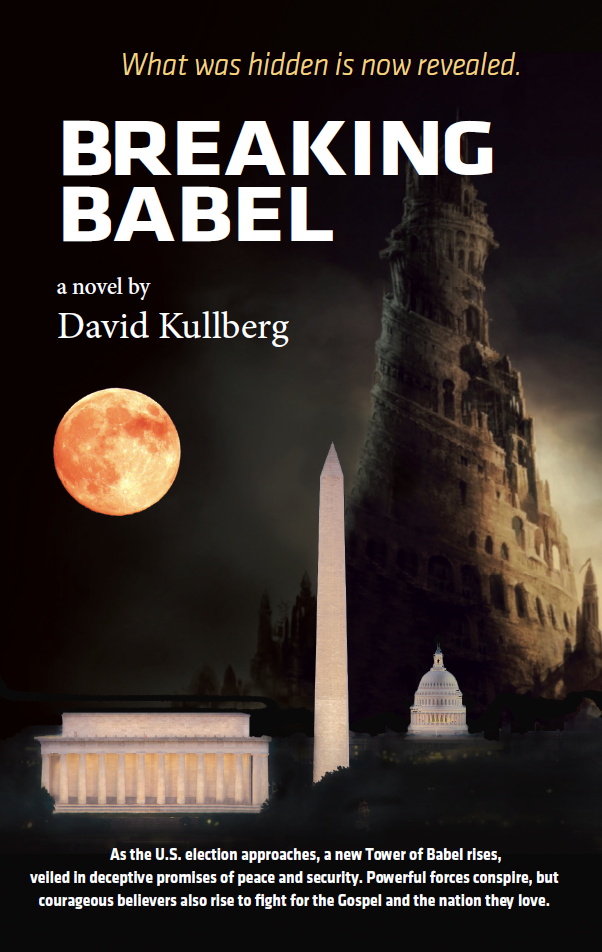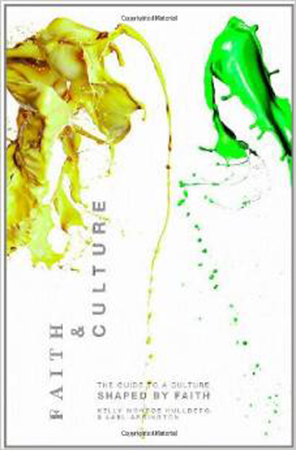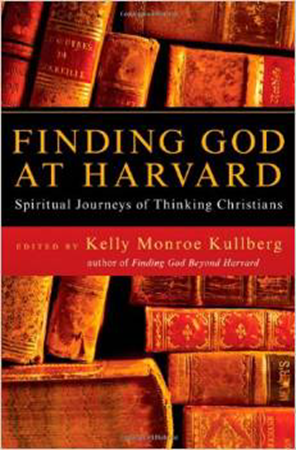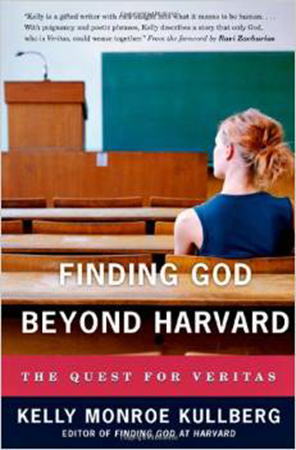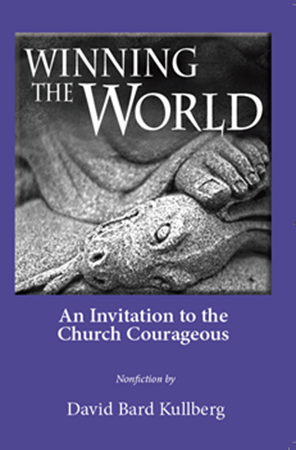“Most of us do not learn about the nature of reality through theology, philosophy, or higher mathematics. But all of us readily grasp the language of a parable drawn from the universal human story… so that we see clearly the hidden shape of reality.”
Michael D. O’Brien, A Landscape with Dragons
Why I wrote Breaking Babel: As a father I wondered how to best pass on a hopeful vision to my five children and their children. Many of us are drawn to great stories of conquest against the forces of darkness, advancing a kingdom of light, and love, and glory. We’re hardwired to care, yearning to make a difference. We sense a call on our lives to build a better world. We have heroic notions because we believe life has meaning – and truth, beauty, and goodness are worth defending.
So, I began a journal. Soon a story emerged and abstract ideas became a novel, and the story’s characters became my teachers and friends. Their conversations, faces, and choices filled my mind.
I also desired to explore and chronicle the confluence and clash of worldviews actively competing for the hearts and minds of a nation, and our world’s future. All aspects of life have become contested ground. Nothing is exempt. Everyone participates. The contest is being waged every day, on every front.
What vision of the future have Christians embraced? What story to change the world has been advanced that captivates the hearts and imaginations of our young people, spurring them on to great acts of service and sacrifice?
Heaven has invaded earth, and Jesus rules with all authority from the Father’s right hand; therefore, man’s relentless utopian quest is continuously frustrated. Through the Holy Spirit we are given the courage and conviction to play our part in our Lord’s great historical narrative, and by shining His light we participate in loving God’s creation back to life.
My journal became the novel, Breaking Babel. Thanks for considering the possibilities and exploring along with me.
The basic premise of my writings is the belief that Jesus Christ is Lord over every area of life, biblical wisdom is the greatest love for human beings, and we are losing our culture due to a self-imposed spiral of silence.
Although I will often reference Scripture, I’m not writing as an academic or theologian, but as a fellow traveler who is deeply concerned with the direction of our nation. Many of the thoughts and interpretations expressed in Winning the World and my blog posts can be traced to respected biblical scholars and theologians (see a partial list below).
These Christians have greatly influenced by thinking, but none of them would agree with every point I offer. It is my hope that the reader will find my perspectives plausible, biblically orthodox, and infused with redemptive possibility.
To better convey my hope, I draw on introductory remarks made by C.S. Lewis in the introduction of his book on the Psalms:
“This is not a work of scholarship… If an excuse is needed (and perhaps it is) for writing such a book, my excuse would be something like this. It often happens that two schoolboys can solve difficulties in their work for one another better than the master can… The fellow-pupil can help more than the master because he knows less. The difficulty we want him to explain is one he has recently met. The expert met it so long ageo that he has forgotten. He sees the whole subject, by now, in such a different light that he cannot conceive what is really troubling the pupil; he sees a dozen other difficulties which ought to be troubling him but aren’t.
“In this book, then, I write as one amateur to another, talking about difficulties I have met, or lights I have gained… with the hope that this might at any rate interest, and sometimes even help, other inexpert readers. I am comparing notes, not presuming to instruct.”
~ C.S. Lewis, Reflections on the Psalms
My fellow-pupil approach would not be possible without the enlightenment provided by this partial list of scholars: Dallas Willard, Matthew Henry, St. Augustine, Jonathan Edwards, C.S. Lewis, John Calvin, Eugene Peterson, Marcellus Kik, R.J. Rushdoony, Jacques Ellul, Francis Schaffer, Herbert Schlossberg, Gary DeMar, N.T. Wright, Loraine Boettner, Kenneth Gentry, R.C. Sproul, and others.
My Calling
My Family
My Travels


